Britain, Soviet Russia and the Collapse of the Versailles Order, 1919–1939
A major re-interpretation of international relations in the period from 1919 to 1939. Avoiding such simplistic explanations as appeasement and British decline, Keith Neilson demonstrates that the underlying cause of the Second World War was the intellectual failure to find an effective means of maintaining the new world order created in 1919. With secret diplomacy, alliances and the balance of power seen as having caused the First World War, the makers of British policy after 1919 were forced to rely on such instruments of liberal internationalism as arms control, the League of Nations and global public opinion to preserve peace. Using Britain's relations with Soviet Russia as a focus for a re-examination of Britain's dealings with Germany and Japan, this book shows that these tools were inadequate to deal with the physical and ideological threats posed by Bolshevism, fascism, Nazism and Japanese militarism.
{{comment.content}}

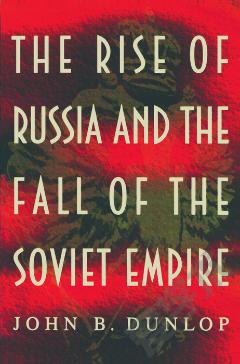
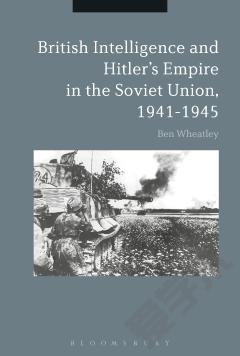
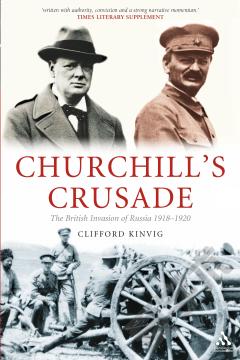

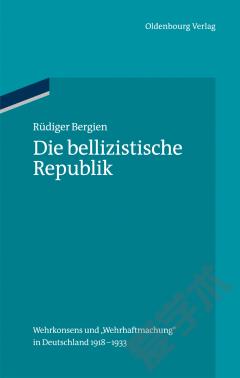
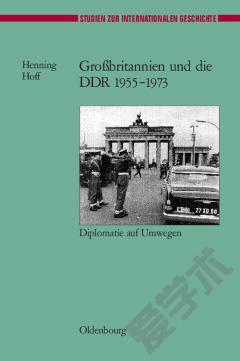

 京公网安备 11010802027623号
京公网安备 11010802027623号